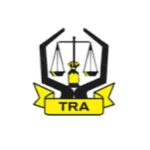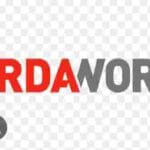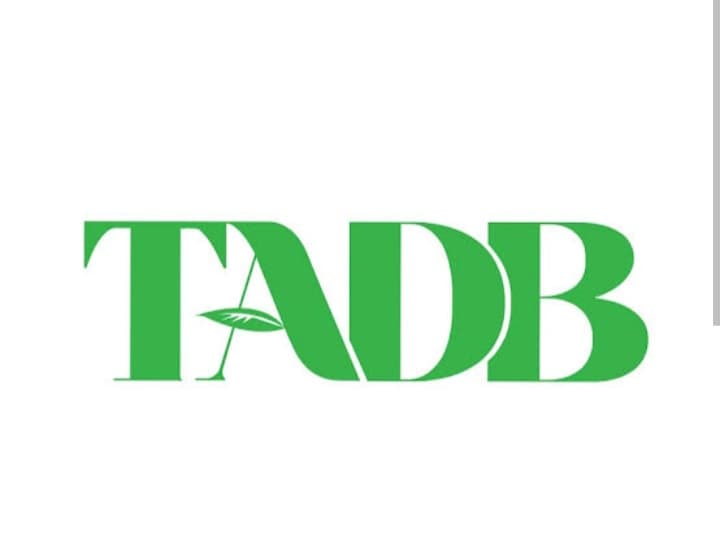TRA Human Resource Officer II: 25+ Interview Questions & Answers for Success
Are you preparing for an interview for the Human Resource Officer II position at the Tanzania Revenue Authority (TRA)? This role involves handling employee grievances, coordinating staff performance appraisals, and managing training programs.
To help you succeed, we’ve compiled 25+ frequently asked interview questions and answers covering employee relations, performance management, training, and HR best practices.
Let’s dive in!
General Role Questions
1. What does a Human Resource Officer II do at TRA?
✅ Answer:
“A Human Resource Officer II at TRA is responsible for managing employee grievances, overseeing labor relations, coordinating staff performance appraisals, and organizing training programs to support employee development and maintain a productive workforce.”
2. Why is this role important to TRA?
✅ Answer:
“This role ensures a motivated workforce by resolving employee concerns, improving staff performance, and fostering professional development, all of which contribute to TRA’s efficiency in revenue collection.”
3. What qualifications are required for this position?
✅ Answer:
“A Bachelor’s Degree in Human Resources, Public Administration, Business Administration, or a related field is required. Fluency in English and Swahili is also preferred.”
4. How does this role contribute to TRA’s goals?
✅ Answer:
“By ensuring fair treatment, employee growth, and a positive work environment, this role directly supports TRA’s mission of efficient revenue administration and public service excellence.”
Employee Grievances and Labor Relations
5. How would you handle an employee grievance at TRA?
✅ Answer:
“I would follow these steps:
✔ Listen to the employee to understand the issue.
✔ Investigate the matter impartially while maintaining confidentiality.
✔ Refer to TRA policies and labor laws to determine the best resolution.
✔ Mediate a fair solution while ensuring compliance with company policies.”
6. What steps would you take to resolve a conflict between employees?
✅ Answer:
“I would:
✔ Meet with both parties separately to understand their perspectives.
✔ Arrange a mediation session to encourage open communication.
✔ Refer to TRA’s code of conduct and policies for guidance.
✔ Implement a resolution plan and monitor the situation to prevent recurrence.”
7. How do you ensure fairness in handling grievances?
✅ Answer:
“I adhere to TRA’s grievance handling procedures, remain neutral, document all actions, and apply labor laws consistently to ensure a fair outcome.”
8. What Tanzanian labor laws apply to employee grievances?
✅ Answer:
“The Employment and Labour Relations Act of 2004 outlines employee rights, grievance procedures, and dispute resolution mechanisms to ensure fair treatment in the workplace.”
9. How do you maintain confidentiality in grievance cases?
✅ Answer:
“I restrict discussions to involved parties only, store sensitive documents securely, and adhere to TRA’s privacy policies to maintain confidentiality.”
10. What’s your approach to a recurring grievance issue?
✅ Answer:
“I analyze the root cause, propose policy updates or training programs, and ensure effective communication to prevent the issue from happening again.”
11. How do you mediate between management and staff?
✅ Answer:
“I act as a neutral facilitator, ensuring that both sides are heard, their concerns are addressed fairly, and solutions align with TRA’s policies and employee rights.”
Staff Performance Appraisals
12. What is the purpose of performance appraisals at TRA?
✅ Answer:
“Appraisals help evaluate employee contributions, identify strengths and areas for improvement, and align individual performance with TRA’s strategic objectives.”
13. How would you coordinate a performance appraisal process?
✅ Answer:
“I would:
✔ Establish clear timelines and distribute appraisal forms.
✔ Train supervisors on objective evaluation methods.
✔ Compile results and provide constructive feedback to employees.
✔ Use appraisal data to plan training programs and career development.”
14. What challenges might arise during appraisals?
✅ Answer:
“Possible challenges include bias, incomplete data, and resistance from employees. I would address these by implementing standardized evaluation criteria and training supervisors on fair assessments.”
15. How do you ensure appraisals are objective?
✅ Answer:
“I use standardized performance metrics, involve multiple evaluators, and cross-check results against TRA’s performance standards to ensure fairness.”
16. What role does feedback play in appraisals?
✅ Answer:
“Feedback provides employees with clarity on expectations, motivation for improvement, and a sense of direction for career growth, which strengthens TRA’s workforce.”
17. How would you handle an underperforming employee?
✅ Answer:
“I would:
✔ Discuss the appraisal results and identify performance barriers.
✔ Develop a Performance Improvement Plan (PIP) with clear goals.
✔ Offer training or mentorship if needed.
✔ Monitor progress and provide continuous feedback.”
18. How do you align appraisals with TRA’s mission?
✅ Answer:
“I ensure performance evaluation criteria are linked to TRA’s revenue collection and service delivery goals, making sure employee efforts support organizational success.”
Training Programs
19. Why are training programs important at TRA?
✅ Answer:
“Training programs enhance employee skills, improve efficiency, and keep staff updated on tax administration policies, ultimately boosting TRA’s effectiveness.”
20. How would you identify training needs?
✅ Answer:
“I analyze:
✔ Appraisal outcomes to identify knowledge gaps.
✔ Departmental feedback on skill shortages.
✔ Industry trends and compliance requirements to ensure staff remain updated.”
21. What’s your approach to coordinating a training session?
✅ Answer:
“I would:
✔ Identify relevant training topics and objectives.
✔ Select qualified trainers and training materials.
✔ Schedule sessions at convenient times to maximize attendance.
✔ Evaluate training effectiveness through pre- and post-assessments.”
22. How do you measure training effectiveness?
✅ Answer:
“I use employee feedback surveys, job performance tracking, and post-training assessments to measure the impact of training programs.”
23. What type of training would benefit TRA staff most?
✅ Answer:
“Training in tax compliance, customer service, digital tools, and labor laws would greatly benefit TRA employees and improve operational efficiency.”
24. How do you handle budget constraints for training?
✅ Answer:
“I prioritize critical training areas, explore cost-effective online training options, and utilize internal trainers where possible.”
25. How would you encourage staff participation in training?
✅ Answer:
“I highlight career growth benefits, schedule sessions conveniently, and recognize participation in performance appraisals to motivate employees.”
Language and Skills
26. Why are English and Swahili preferred for this role?
✅ Answer:
“Since TRA deals with a diverse workforce, proficiency in English and Swahili ensures effective communication with employees and stakeholders.”
27. How do you use Swahili in HR tasks?
✅ Answer:
“I conduct meetings, draft memos, and address grievances in Swahili to make HR processes more accessible to all employees.”
28. What skills are essential for this position?
✅ Answer:
“Key skills include conflict resolution, organization, communication, problem-solving, and in-depth knowledge of HR policies and labor laws.”
Final Tips for TRA Human Resource Officer II Candidates
✅ Understand TRA’s mission and labor laws.
✅ Familiarize yourself with HR best practices in grievances, appraisals, and training.
✅ Showcase problem-solving and communication skills during the interview.
Good luck with your TRA interview! 🚀






